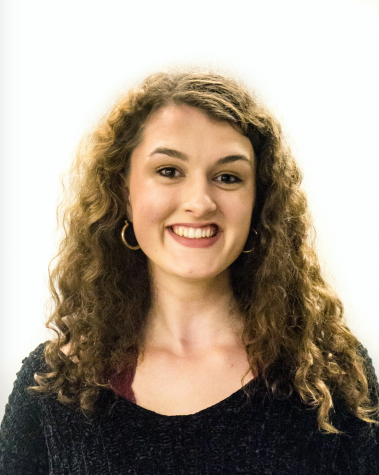Senior staff offer waivers to employees to work remotely
July 7, 2020
In early June, Employment Services notified faculty and staff that they could request a waiver to work remotely if they are unable to teach in-person this fall.
Employment Services notified all faculty and staff with instructions on how to request a waiver, asking that faculty and staff turn them in by June 11 and 18, respectively. On June 17, Rivera sent a memo indicating that priority for waiver approval will go to employees in a high-risk medical group and those that live with high-risk family members.
If they are considered high-risk in accordance with Centers for Disease Control guidelines, employees requesting a waiver will have to supply the additional documentation from a medical professional to validate their status or request. If an employee requests a waiver because of their age (65 or older), they do not have to supply additional documentation.
Later in June, the college notified employees that they may request waivers even if they do not fall into a category of high-risk for complications from the coronavirus, but want to work remotely for other reasons.
Director of Employment Services Bob Graf started approving the first round of waivers meant for those who fall into high-risk categories as they came in during the middle of June. Senior staff, including Provost Karine Moe, are currently processing the approvals for the second waiver, meant for employees citing other reasons for staying home.
All employees are eligible to request a waiver, including those who, by the nature of their jobs, are not able to complete their work from home, such as Facilities staff.
We have had a few people, who have had health issues that have put them in a high-risk category… and they have been at home, and they’ve been paid for now,” Assistant Vice President of Facilities Nathan Lief said.
Lief says Facilities has been hiring temporary staff members this summer in anticipation of the fall 2020 semester.
However, requesting to work remotely might not assuage the concerns of all employees, some of whom worry that bringing any part of the campus community back to campus could be dangerous. The biology department sent a letter on June 15 to senior staff expressing concerns about their personal safety if they were required to return in person in the fall. They later published the letter in The Mac Weekly.
On June 19, the psychology department sent a letter to Rivera, Moe, the Faculty Advisory Council and department chairs, echoing the points made by the biology department. They expressed that the coronavirus will remain a significant health risk until there is a vaccine or herd immunity.
“We believe that faculty should assume that they will teach entirely remotely unless they make a strong case to the contrary,” the letter read. “That is, faculty would need a waiver of sorts in order to teach in person.”
Moe said that community input, including both letters from faculty, play a role in the college’s decision making.
“It has been our task to take in all of that input and make the best decisions that we can for the fall,” she wrote in an email to The Mac Weekly. “I would say that our decision making has been informed by all of that varied input.”
Nevertheless, on June 30, Rivera announced that the semester would commence in-person as planned with extra precautions in place to prevent the spread of infectious disease.
Moe wrote that several faculty and staff-led groups are currently determining solutions for the complications that arise with bringing students to campus, including the Infectious Disease Task Force, the Pedagogy and Technology Working Group, the Education Policy and Governance Committee and the Financial Affairs Committee.
At the moment, Minnesota Department of Health’s (MDH) recommends that colleges develop a hybrid learning environment that allows in-person and online coursework and activities.
Email: [email protected]













